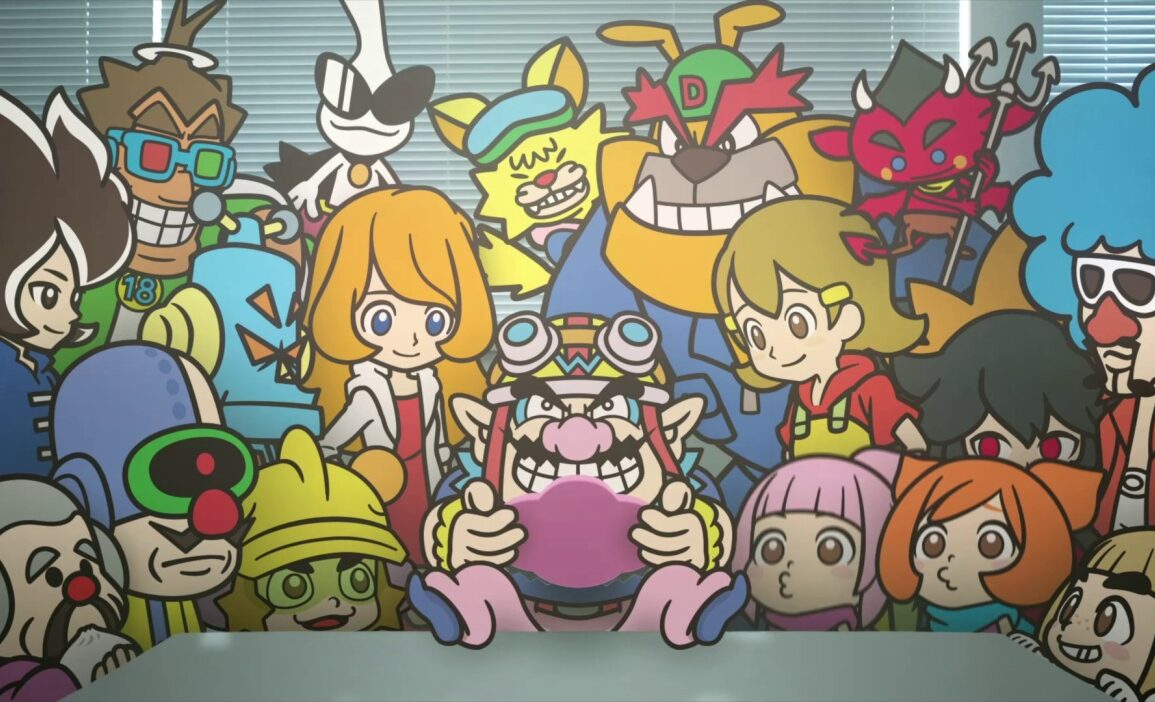We all love to play video games, and it is one of the few industries where creativity knows no bounds.
Every year, video game companies try to bring us the best and most fun games they can create.
Be it for fun, experience, graphics, storytelling, or just plain fun, tons of people flock to buy these games from these companies.
But there are some names in the industry that started up well but became notorious for bad games, bad workplace habits, or just plain exploitative behavior that they implemented in their games.
So, let’s spill the tea on some of the worst video game companies of all time, starting with a nod to their glory days before things went all downhill for them.
Electronic Arts (EA)
Hey, you all might remember when EA was like the Beyoncé of the gaming world.
They had hits like “The Sims,” “Need for Speed,” and “Mass Effect.”
They were all about pushing boundaries and giving us high-quality games.
But now? Ugh.
EA has become infamous for its greedy monetization strategies.
You buy a game, and suddenly you’re bombarded with microtransactions and cut content sold as DLC.
The “Battlefront II” fiasco was a massive blow, with players feeling totally exploited by the pay-to-win mechanics.
And don’t get me started on their annual FIFA and Madden releases that barely change.
Plus, EA loves to buy beloved studios just to shut them down—looking at you, Westwood, Visceral, and Maxis.
No wonder gamers love to hate EA.
Konami
Konami was once a powerhouse, with classics like “Castlevania,” “Metal Gear Solid,” and “Silent Hill” filling our gaming libraries.
But those glory days feel like ancient history now.
The drama with Hideo Kojima was like a soap opera.
Konami practically kicked him out during “Metal Gear Solid V” and canceled “Silent Hills” in the most dramatic fashion possible.
Fans were furious.
Then, they shifted their focus to mobile games and pachinko machines, totally abandoning their console gaming heritage.
Seriously, what happened to “Castlevania” and “Silent Hill”?
We’re still mourning those losses.
And their low-effort releases and remasters? It feels like they’re taunting us.
Activision Blizzard
Activision and Blizzard were like the dream team, combining the best of “Call of Duty,” “World of Warcraft,” and “Diablo.”
They were giants.
But behind the scenes, things were far from perfect. Activision Blizzard has been caught up in lawsuits and accusations of toxic workplace culture, gender discrimination, and harassment.
It’s been a total mess.
Plus, they seem to care more about profits than players, with controversies like “Diablo Immortal’s” microtransactions and the botched “Warcraft III: Reforged.”
And laying off employees despite record revenues?
It’s like getting dumped after the best date ever.
3DO

3DO had such high hopes with their 3DO Interactive Multiplayer, aiming to revolutionize gaming with cutting-edge technology.
But their dreams crashed and burned spectacularly. Launching at a whopping $699, the 3DO console was just too expensive.
Even with advanced hardware, the games were mostly terrible, rushed, and poorly designed.
The company’s mismanagement and inability to secure strong third-party support led to its rapid decline and eventual bankruptcy.
It’s a classic tale of ambition meeting reality head-on.
LJN

LJN was known for grabbing big licenses and bringing popular movies and TV shows into the gaming world.
But wow, their execution was disastrous.
They became infamous for producing some of the worst licensed games ever, like “Back to the Future” and “Friday the 13th.”
They repeatedly churned out subpar games that left fans feeling scammed.
With a focus on quantity over quality, LJN’s legacy is one of disappointment and frustration.
Ubisoft

Ubisoft once wowed the world with innovative franchises like “Assassin’s Creed,” “Far Cry,” and “Rayman.”
Their open-world designs set new standards in gaming.
But over time, their games have become so formulaic and repetitive.
“Assassin’s Creed” and “Far Cry” feel like the same game with different skins, and players are getting bored.
Ubisoft’s aggressive use of microtransactions, even in single-player games, is just frustrating.
And recent reports of workplace harassment and discrimination have painted a troubling picture of their internal culture.
Buggy launches of games like “Assassin’s Creed Unity” and “Watch Dogs” haven’t helped their reputation, either.
505 Games
505 Games has had some notable successes, like “Terraria” and “Control,” showing they can publish hits.
But their reputation is marred by controversial practices.
They’ve made some really questionable decisions about game updates and exclusivity deals, leaving players feeling frustrated and disillusioned.
Inconsistent game quality and poor communication have further eroded trust.
Players just want to be in the loop, but 505 Games often leaves them in the dark.
Atari

Atari was a pioneer in the gaming world, with classics like “Pong” and “Asteroids.”
They kick-started the home console revolution.
But their fall from grace was spectacular.
The infamous “E.T. the Extra-Terrestrial” game is often blamed for the video game crash of 1983.
It was rushed and terrible, and millions of copies ended up buried in the desert.
Atari’s poor business decisions and failure to innovate led to their downfall.
As the industry evolved, Atari didn’t, and they went from being top dogs to struggling to stay relevant.
TL;DR
So there you have it.
Take a look at some of the worst video game companies of all time.
They’ve all had their moments of glory, but their epic blunders serve as cautionary tales.
Here’s to hoping for a brighter future in gaming, where companies value creativity, quality, and respect for everyone involved.


